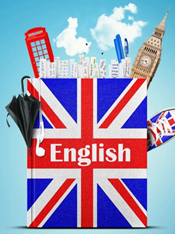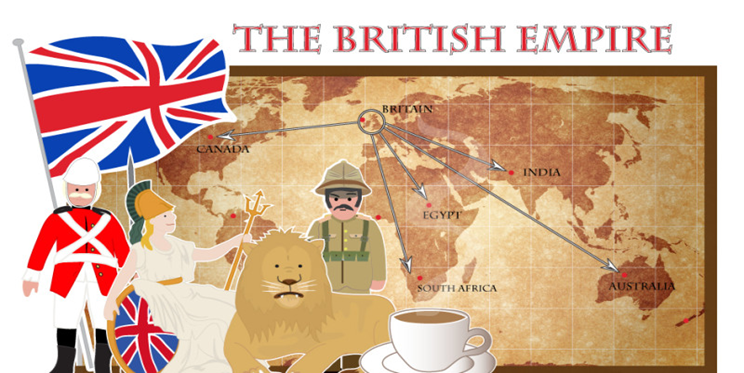A History of the English language
Ex. 1: Watch the presentation on youtube.
https://www.youtube.com/watch?v=eU9pshEkwVE
Ex. 2: Match the word groups to their origins.
|
|
Origins |
No. |
Word groups |
|
1 |
Latin (Roman Empire, christianization) |
|
potato, zeitgeist, tortilla, rucksack,
tomato, schadenfreude, angst, kindergarten, |
|
2 |
Celtic
languages (pre-Roman British population) |
|
castle,
parliament, army, peasant, servant, baptism, duke, court |
|
3 |
Germanic
languages (invasion of the Angles, Saxons, and Frisians) |
|
whisky, trousers, dad, clan |
|
4 |
Old
Norse (Scandinavian Viking settlements) |
|
priest,
mass, church, wall, military, wine, belt, monk, arena, angel, altar, bishop,
pope, nun, |
|
5 |
Norman
Invasion and Conquest (1066 Battle of Hastings) |
|
skull,
husband, skin, window, sky, get, skirt, knife, egg, ill, skill, gate, mistake |
|
6 |
Loan
words from other languages around the world |
|
kangaroo,
boomerang, apartheid, pajamas, shampoo, bungalow, turban |
|
7 |
British
Empire/colonization: words coming in from former colonies |
|
water,
son, daughter, earth, mouth, brother, nose, child, drink, food, eat, sun,
moon, wood, field, house, home, family, eyes |
KEY Ex. 2: No. -> 6 – 5 – 2 – 1 – 4 – 7 – 3
How did English become a global language?
Ex. 1: Complete the cloze with words from the box and compare your answers with the key.
bilingual; linguistic; of the status of English; spoke English; the most
widespread language; a global language; established English; English speakers;
a language of world importance; mother tongue; language of business,
technology, sports, and aviation; language
Nowadays
English is recognized as being one of the major languages in the world, and it
is probably difficult to believe that this is actually a relatively recent
development. In Shakespeare’s time only a few million __________________ (1)
and the other nations of Europe considered the _______________ (2)
insignificant. Outside Europe it was as good as unknown. So what happened to
change the picture so dramatically?
The Empire’s influence on English becoming
___________________ (3)
The most
decisive factor in the development _______________________ (4) was the fact
that the British Empire, and colonisation generally, ________________________
(5) in all continents of the world. The seventeenth century saw the settlements
in North America grow and the enormous growth of the population in the
nineteenth and twentieth centuries – together with the financial and political
strength of the USA – rapidly made English _______________________________ (6)
_______________________ (7) Worldwide
People who speak English fall into one of three groups: those whose
_________________ (8) is English; those who have learned it as a second
language in a mainly _________________ (9) society; and those who are forced to
use it for administrative, professional or educational purposes. One person in
seven of the world’s entire population belongs to one of these three groups.
Geographically, English is ______________________ (10) on earth, second only to
Mandarin Chinese in the number of people who speak it. It is
the______________________________ (11). This state of affairs is certain to
continue – much to the annoyance of the French, English seems to have won the
battle for international _____________________ (12) supremacy!
KEY Ex. 1: (1) spoke English; (2) language; (3) a global language; (4) of the status of English; (5) established English; (6) a language of world importance; (7) English speakers; (8) mother tongue; (9) bilingual; (10) the most widespread language; (11) language of business, technology, sports, and aviation; (12) linguistic







No comments:
Post a Comment